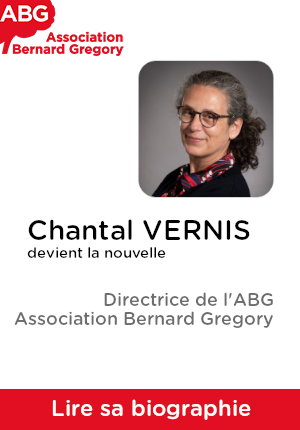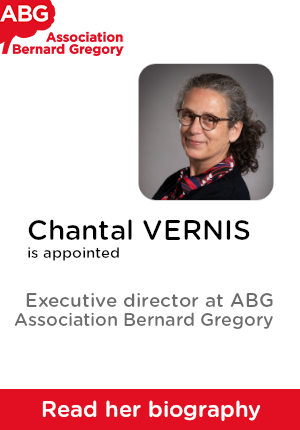Tomorrow I have an important interview...
Vincent Mignotte – Executive Director of ABG
One morning, several years ago, I heard my neighbor yelling to his wife, "Where the hell did you put my white shirt? This morning I see my biggest client, I'm late, he's going to tear me apart! ». I deduced that he felt more important than his wife... but much less important than his client. And in the moment that followed, I imagined with a smile the course of his appointment ...

You have an important interview tomorrow. Through a colleague, you have managed to obtain a network interview with the Managing Director of a company in your field; or the HR Director of a subsidiary of a large group has invited you because you are on the "short-list"... In any case, the stakes are high. You have done your homework on the company, its results, its strategy, the organisation chart, the open position and its context, the profile of the person you are going to meet, you have fine-tuned your pitch... But deep down, how do you feel?
As you approach this meeting, you may either feel confident, rather well in your own skin, in short you are not there by chance (we will say that you consider yourself "OK") - or that you are not up to the task, insignificant, or ill-prepared, as the stress sets in (we will say that you consider yourself "not OK").
It's all trivial, you might say. But how do you see your interviewer? If you think, before meeting them, that they are a seasoned, honest professional, who knows their job well, you see them as "OK"; if on the other hand you say to yourself, "he is probably one of those HR directors who know nothing about science" or "this interview is designed to get me stuck" or "this woman manages a company of 5000 people, she's going to look down on me", you see them as "not OK".
When we are stressed, we can easily consider that our value is higher or lower than that of our interlocutor, and this state of mind inevitably affects the turn of the interview, from the very first seconds. If you've ever stood in line in front of a Social Security or Tax office clerk, you know what I'm talking about... But to get back to your interview, all professional recruiters know how to spot signs of annoyance, impatience or, conversely, lack of confidence.
The worst thing would obviously be to feel "not OK" and to have the same feeling about your interviewer: "I must really stupid to get into such a mess...". Luckily it's quite rare!
In any case, the best way to create the most favourable circumstances is to consider that the interview that is going to take place will be between two professionals, both of whom love their jobs and both of whom have skills, needs, issues and projects. Your clarity, enthusiasm and ability to listen and move the exchange forward will be your best ambassadors.
So when the assistant comes to pick you up, just say to yourself "I'm OK, he's OK" !
Get ABG’s monthly newsletters including news, job offers, grants & fellowships and a selection of relevant events…
Discover our members
 Généthon
Généthon  Institut Sup'biotech de Paris
Institut Sup'biotech de Paris  Aérocentre, Pôle d'excellence régional
Aérocentre, Pôle d'excellence régional  ADEME
ADEME  Nokia Bell Labs France
Nokia Bell Labs France  Laboratoire National de Métrologie et d'Essais - LNE
Laboratoire National de Métrologie et d'Essais - LNE  CASDEN
CASDEN  Groupe AFNOR - Association française de normalisation
Groupe AFNOR - Association française de normalisation  TotalEnergies
TotalEnergies  PhDOOC
PhDOOC  ANRT
ANRT  Ifremer
Ifremer  MabDesign
MabDesign  ASNR - Autorité de sûreté nucléaire et de radioprotection - Siège
ASNR - Autorité de sûreté nucléaire et de radioprotection - Siège  CESI
CESI  MabDesign
MabDesign  Tecknowmetrix
Tecknowmetrix  SUEZ
SUEZ  ONERA - The French Aerospace Lab
ONERA - The French Aerospace Lab







